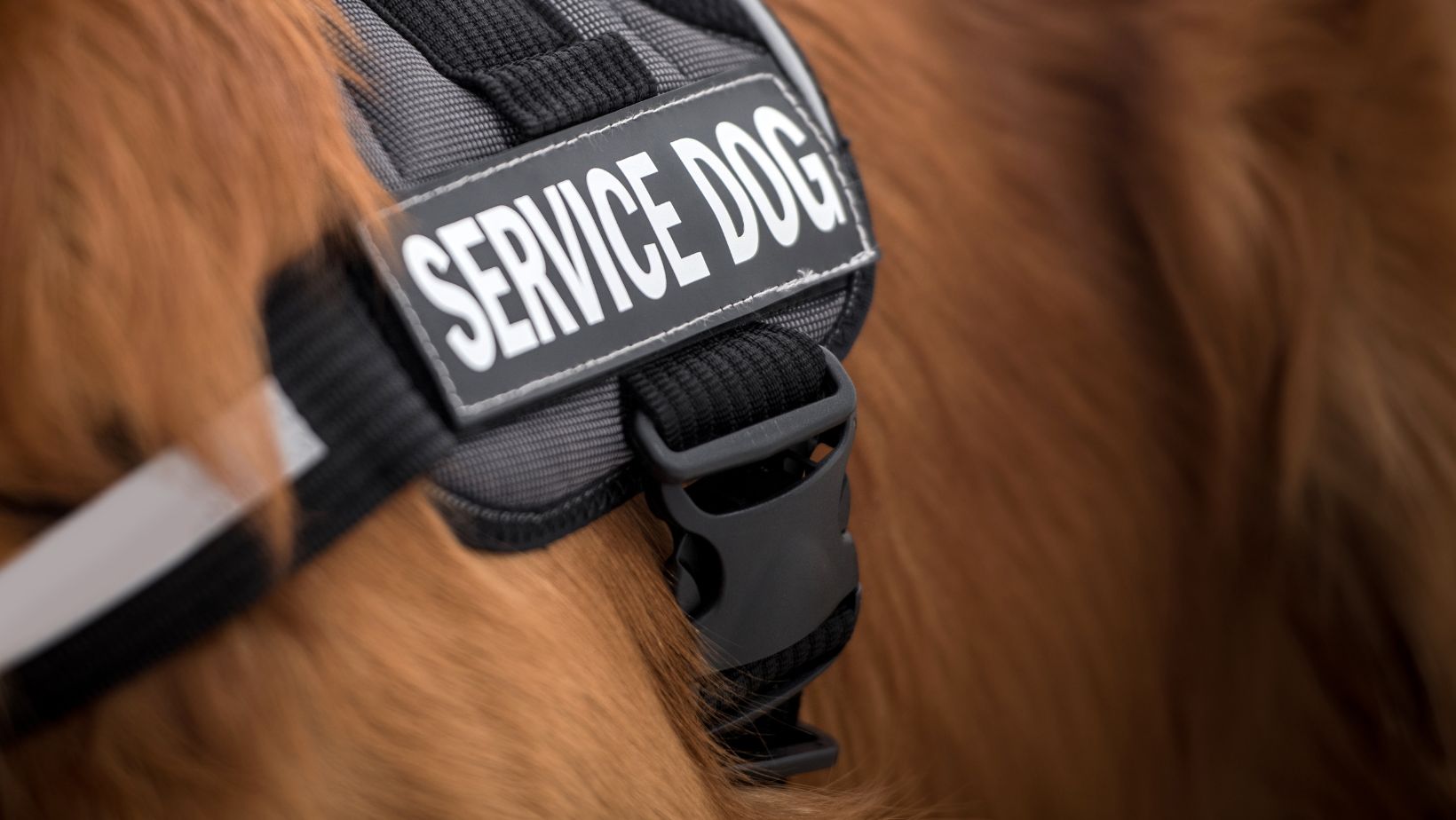Training a psychiatric service dog can be a complex but rewarding process. Whether you’re looking to train your own dog or seeking guidance from a professional trainer, there are essential steps and tips that can help set you and your furry companion up for success. In this article, I’ll share some valuable insights on how to effectively train a psychiatric service dog.
First and foremost, it’s crucial to understand the specific tasks and behaviors that your psychiatric service dog will need to perform. These may include alerting you to anxiety or panic attacks, providing deep pressure therapy during moments of distress, or even reminding you to take medication. Once you have identified these tasks, you can begin shaping your training plan accordingly.
Consistency is key when training a psychiatric service dog. Establishing clear routines and boundaries will help your canine companion understand their role and responsibilities. Positive reinforcement techniques such as treats, praise, and playtime should be utilized consistently throughout the training process. Remember that patience is vital – it may take time for your dog to fully grasp each command or task.
How to Train a Psychiatric Service Dog
Consider Your Specific Needs
When it comes to choosing the right breed for psychiatric service dog training, it’s essential to consider your specific needs. Different breeds have different characteristics and temperaments that may be better suited for certain tasks or situations. For example:
- If you require a dog to assist with mobility issues, larger breeds like Golden Retrievers or Labrador Retrievers are often trained for this purpose due to their size and strength.
- If you experience anxiety or panic attacks, smaller breeds such as Cavalier King Charles Spaniels or Chihuahuas can be trained as emotional support dogs that provide comfort in stressful situations.
Research Different Breeds
Before making a decision, take the time to research different breeds extensively. Each breed has its own unique characteristics and predispositions that can affect their suitability for service dog training. Factors to consider include:
- Energy levels: Some breeds have high energy levels and require more exercise and mental stimulation, while others are more laid-back.
- Trainability: Certain breeds have a natural inclination towards learning and obedience, which can make them easier to train as service dogs.
- Health considerations: It’s important to be aware of any potential health issues associated with specific breeds, as this may impact their longevity and ability to perform tasks effectively.

Socializing Your Psychiatric Service Dog
Choosing the Right Training Method
When it comes to socializing your psychiatric service dog, it’s crucial to select the appropriate training method that suits both you and your dog’s needs. There are various approaches available, including group classes, private sessions with a professional trainer, or even utilizing online resources. Each method has its benefits and drawbacks, so take the time to research and find what works best for you.
Group classes can be a great option for socialization as they provide opportunities for your dog to interact with other dogs and people in a controlled environment. These classes often focus on basic obedience commands while also teaching important skills like impulse control and proper behavior around distractions. They can offer valuable socialization experiences that help your dog become comfortable in different settings.
Establishing a Solid Foundation
Before diving into advanced training techniques, it is essential to establish a solid foundation of obedience skills with your psychiatric service dog. This foundation lays the groundwork for successful socialization efforts down the line.
In conclusion, choosing the right breed for psychiatric service dog training involves considering your specific needs, conducting thorough research on different breeds, and evaluating temperament and personality traits. This careful selection process will help ensure that you find a dog that not only meets the requirements of your condition but also has the potential to excel as a reliable and dedicated service companion.